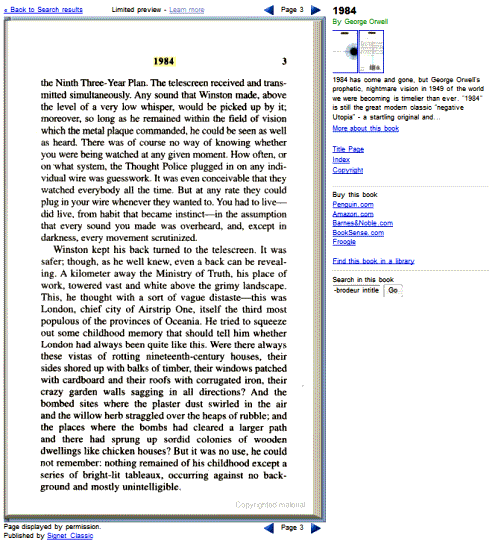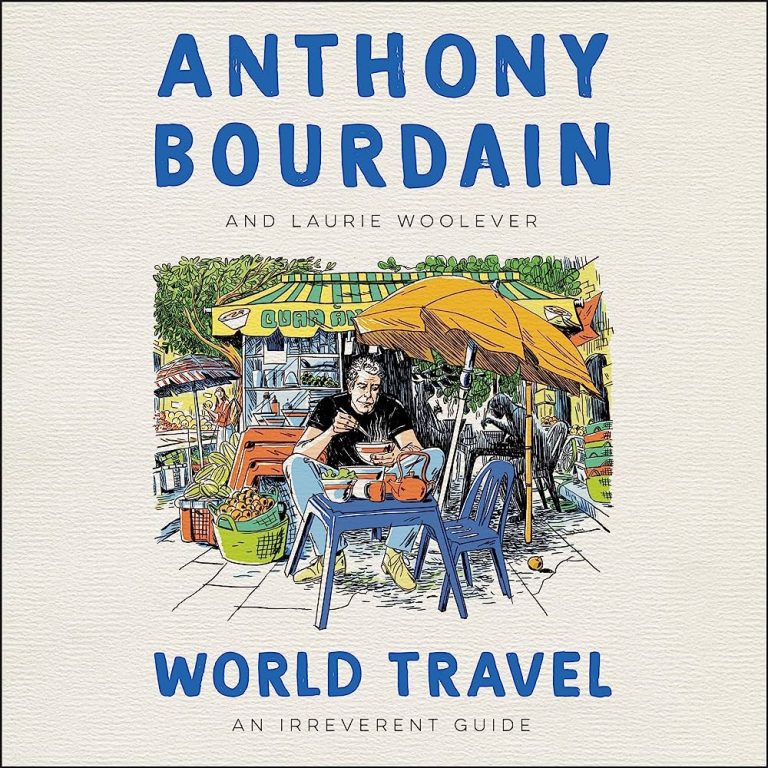Why Is YouTube Blocked In China?
Have you ever wondered why YouTube is blocked in China? It’s a question that has puzzled many internet users around the world. Well, let me shed some light on this intriguing topic. The Chinese government has implemented strict internet censorship measures, commonly known as the Great Firewall, to control and regulate the flow of information within the country. As a result, many popular websites, including YouTube, are inaccessible to Chinese citizens. But why is that? Let’s explore the reasons behind the blocking of YouTube in China.
First and foremost, YouTube is a platform that allows users to freely upload and share videos. This openness and lack of control over the content poses a significant challenge to the Chinese government’s desire to maintain ideological and political control. With over 2 billion users worldwide, YouTube has become a powerful tool for individuals and organizations to express their opinions and share information freely. In the eyes of the Chinese government, this poses a threat to their authority and stability. By blocking YouTube, they can effectively censor any content that goes against their strict policies.
Another reason for the blocking of YouTube in China is the issue of sensitive and controversial content. The Chinese government heavily monitors and restricts any content that is deemed inappropriate or harmful to their society. This includes videos that criticize the government, promote political dissent, or showcase content that goes against their cultural values. The government fears that such content could incite unrest and undermine their control over the population. By blocking YouTube, they can maintain a tight grip on what their citizens can access and ensure that the information they receive aligns with their agenda.
In conclusion, the blocking of YouTube in China is a result of the government’s desire to control and regulate the flow of information within the country. By implementing strict internet censorship measures, they can maintain ideological and political control, as well as restrict access to sensitive and controversial content. While this may seem restrictive to many, it is important to understand the cultural and political context in which these decisions are made.

Why is YouTube Blocked in China?
YouTube, the popular video-sharing platform, is widely used around the world for entertainment, education, and sharing content. However, if you try to access YouTube from China, you will likely encounter a frustrating experience as the website is blocked by the Chinese government. This censorship raises questions about freedom of expression and access to information. In this article, we will explore the reasons behind China’s decision to block YouTube and the implications it has on internet freedom.
The Great Firewall of China
China operates one of the most sophisticated internet censorship systems in the world, known as the Great Firewall of China. This extensive system blocks access to numerous foreign websites and social media platforms, including YouTube, Facebook, and Twitter. The Chinese government justifies this censorship as a means to maintain social stability, protect national security, and preserve the dominant position of the Communist Party. However, many critics argue that it restricts freedom of speech and hinders the flow of information.
The core reason for YouTube’s blockage in China lies in the Chinese government’s desire to control the narrative and limit access to information that it deems sensitive or harmful to its interests. YouTube allows users to upload and share videos freely, making it a platform that can potentially spread content that challenges the government’s official narratives or promotes ideas that are considered subversive. As a result, the Chinese government perceives YouTube as a threat and has taken measures to restrict its access within the country.
Content Control and Political Sensitivity
One of the main reasons for the blockage of YouTube in China is the government’s concern over content control. The Chinese government strictly monitors and controls the information available to its citizens, particularly regarding topics that are politically sensitive or critical of the government. YouTube’s open nature and the ease with which users can upload and share videos make it challenging for the authorities to maintain strict control over the content circulating on the platform. This lack of control is seen as a potential destabilizing factor by the government, leading to the decision to block YouTube.
Additionally, YouTube has been used as a platform for sharing videos that document human rights abuses, protests, and other events that the Chinese government would prefer to keep hidden from the public eye. These videos provide an alternative perspective on the country’s social and political issues, challenging the government’s narrative. By blocking YouTube, the Chinese government aims to limit the dissemination of such content and maintain control over the information available to its citizens.
Protection of Domestic Internet Companies
Another factor contributing to YouTube’s blockage in China is the government’s desire to protect domestic internet companies. China has its own video-sharing platforms, such as Youku and Tencent Video, which are subject to strict regulations and censorship. By blocking YouTube, the Chinese government ensures that these domestic platforms have a captive audience and do not face competition from international platforms. This protectionist approach allows the government to maintain control over the content and narratives that are disseminated within the country.
Furthermore, the Chinese government sees foreign internet companies as potential threats to national security and sovereignty. The ability of these companies to collect user data and influence public opinion raises concerns about foreign influence and control over China’s internet landscape. By blocking YouTube and other foreign platforms, the government aims to reduce these perceived risks and maintain its control over the flow of information within the country.
In conclusion, the blockage of YouTube in China is a result of the government’s desire to control the narrative, limit access to sensitive information, and protect domestic internet companies. This censorship raises concerns about freedom of expression and access to information. While the Chinese government argues that it is necessary to maintain social stability and national security, critics view it as a restriction on individual liberties. The blockage of YouTube serves as a reminder of the challenges faced by internet users in China and the ongoing debate surrounding internet freedom and censorship.
Key Takeaways: Why is YouTube blocked in China?
- China blocks YouTube due to its strict internet censorship policies.
- The Chinese government views YouTube as a platform for spreading Western culture and political dissent.
- YouTube is blocked to control the flow of information and maintain ideological control.
- The Chinese government promotes its own video-sharing platforms to support domestic companies.
- The Great Firewall of China is a sophisticated system that blocks access to foreign websites, including YouTube.
Frequently Asked Questions
China’s blocking of YouTube has raised many questions among internet users. Here are some of the frequently asked questions about why YouTube is blocked in China and the reasons behind it.
Question 1: Can you access YouTube in China?
Answer: No, YouTube is not accessible in China. The Chinese government has implemented a strict internet censorship policy known as the Great Firewall, which blocks access to numerous foreign websites, including YouTube.
The Chinese authorities have justified this restriction by citing concerns over national security, social stability, and the protection of cultural values. They claim that YouTube contains content that goes against these principles and poses a threat to the Chinese society.
Question 2: What are the reasons for blocking YouTube in China?
Answer: There are several reasons why YouTube is blocked in China. One of the main reasons is the Chinese government’s desire to control the flow of information and maintain ideological control over its citizens. YouTube enables the dissemination of content that is considered politically sensitive or subversive, which goes against the government’s agenda.
Additionally, YouTube has been used as a platform for sharing videos that criticize the Chinese government or highlight human rights abuses. The authorities perceive these videos as a threat to their legitimacy and power, leading to the decision to block the platform.
Question 3: Are there any alternatives to YouTube in China?
Answer: Yes, there are several alternative video-sharing platforms that are popular in China. One of the most popular alternatives is Youku, which is often referred to as the “Chinese YouTube.” Youku offers similar features to YouTube and hosts a wide range of user-generated and professional content.
Other popular alternatives include Tudou and iQiyi. These platforms have gained a significant user base in China and offer a variety of videos, including movies, TV shows, and user-generated content.
Question 4: Is the blocking of YouTube permanent?
Answer: As of now, there is no indication that the blocking of YouTube will be lifted in the near future. The Chinese government has shown a firm stance on internet censorship and has consistently expanded its efforts to control online content. Therefore, it is unlikely that YouTube will become accessible in China anytime soon.
However, it is worth noting that the situation can change in the future, as technology advances and political dynamics evolve. There is always a possibility that the Chinese government may revise its internet censorship policies, but it remains uncertain.
Question 5: How do Chinese internet users access YouTube?
Answer: Chinese internet users who wish to access YouTube often rely on virtual private networks (VPNs) to bypass the Great Firewall. VPNs create a secure and encrypted connection to a server outside of China, allowing users to access blocked websites, including YouTube.
However, it is important to note that the Chinese government has been cracking down on VPN usage in recent years, making it more difficult for individuals to access blocked websites. The authorities have implemented measures to detect and block VPN connections, restricting the ability of Chinese internet users to bypass censorship.
Why Are Google Facebook And Youtube Blocked In China – Decode China
Final Summary: The Enigmatic Blockade of YouTube in China
In a country known for its strict control over the internet, the blocking of YouTube in China remains an enigma. While there are no official statements explaining the exact reasons behind this censorship, it is widely believed that the Chinese government’s concerns over content control and potential social unrest play a significant role. However, the implications of this blockade go beyond just the suppression of information. It raises questions about freedom of speech, access to global platforms, and the impact on Chinese society as a whole.
The Chinese government’s decision to block YouTube can be seen as an attempt to maintain control over the flow of information and maintain its grip on power. By restricting access to a platform that allows for the free exchange of ideas and opinions, the government can shape the narrative and prevent the spread of dissenting voices. This control over information is a key aspect of the Chinese government’s approach to governance, and the blocking of YouTube serves as a stark reminder of this reality.
However, the consequences of this censorship extend beyond just political control. The blockade of YouTube deprives the Chinese population of access to a wealth of educational, entertainment, and creative content. It limits their exposure to diverse perspectives and hinders their ability to engage with the global community. Furthermore, it hampers the growth of Chinese content creators and businesses who rely on YouTube as a platform to reach a global audience.
In conclusion, the blocking of YouTube in China raises important questions about censorship, control over information, and the impact on society. While the exact reasons behind this decision may remain a mystery, its implications are undeniable. As the world becomes increasingly interconnected, it is crucial to advocate for freedom of speech and access to information for all, regardless of geographical boundaries. Only through open dialogue and the free exchange of ideas can we foster understanding and promote progress on a global scale.





